
Get ready for a full MGA Crypto Framework update! Access the full PDF published by the Malta Gaming Authority covering its new crypto policy! (Photo by RODNAE Productions on Pexels)
It really is coming; the Malta Gaming Authority (MGA), one of the main iGaming licensing frameworks covered in our guide to finding trustworthy online casinos, has made its cryptocurrency policy official.
The move will pave the way for online casinos under its licensing to begin offering customer cryptocurrency giving the Curacao licensing authority a new competitor. The main English-speaking markets that will benefit from this move are those residing in Canada and New Zealand, while India and South Africa as well as other African countries have English-speaking audiences. As for the Republic of Ireland, we will have to wait and see what the new Gambling Regulatory Authority (GRA) brings.
How does the new MGA crypto framework affect iGaming?
As long as an operator has permission under the MGA crypto framework rules, it can soon begin its crypto deposits and withdrawals processing. For players, the process will be seamless as most online casinos already host software providers with cryptocurrency games available.
Software providers such as BGaming, BetSoft, Wazdan, Pragmatic Play, Play’n GO, Endorphina, Booming Games, Playson, Belatra, Amatic, Tom Horn Gaming, Spinomenal, and Nolimit City are all on the MGA’s books holding B2B supply licensing. And each one of these brands already has its entire casino game collection crypto-ready. This is mostly because of the popular Curacao licensing authority.
In fact, up until the point the MGA crypto framework goes live, operators that want to offer players across the globe crypto iGaming services only have one option if they want to operate under a licensing authority. That has long been the Curacao licensing authority. However, the new MGA stance on cryptos creates new competition between the two authorities for operators who are looking for a licence that enables them to offer crypto gaming. However, the main shift will be in the hands of the players. I will go more into detail about that topic in the section below. However, before that, I will quickly break down what you can expect from the new MGA Distributed Ledger Technology policy.
MGA Crypto Policy PDF: There is an official 15-page PDF outlining the entire cryptocurrency policy.
Key Points from The MGA Distributed Ledger Technology Policy
With the policy covering 15 pages, it’s a good read. There is also way too much info there to regurgitate in layman’s terms in a single news report. However, I did read the entire policy and picked out a few interesting points, which I have outlined in the bullet points below of how I understand the document.
- DLT Assets: Operators must first gain approval from the MGA by providing the authority with a list of DLT (Distributed Ledger Technology) assets. DLT assets are the blockchain ecosystem like Bitcoin where BTC resides or Ripple where XRP resides.
- VFAs: VFAs (Virtual Financial Assets) are part of a DLT. A VLT is a cryptocurrency such as BTC, XRP, LTC, ETH, DOGE and so on. As per Maltese financial law under the Investment Services Act and/or the Financial Institutions Act, the VFA (crypto) must already have been approved.
- Virtual Tokens: I believe this is also crypto. According to the ledger, virtual tokens have the same meaning assigned to them as per the VFA Act.
- Withdrawals: There is a rule that states that in case of withdrawals, the platform must return the funds in the same currency it entered the platform.
- Wallets for VFA Storage: All wallets have an address (on the gambling platform), and players deposit VFAs in this wallet. Players can also withdraw from this wallet.
- Record Keeping: The operator must keep a record of all player transactions using wallets.
- Player Protection Directive: Players must still have the ability to set deposit and loss limits in both fiat and VFAs.
- Crypto Exchange: The platform cannot act as an exchange. However, virtual tokens within a closed loop (ecosystem) can be exchanged.
- AML Policies: Requests for the source of funds triggers still apply.
How will the new MGA Crypto Framework Affect the Curacao Licensing?
As you can see from our Bitcoin casinos page, none of the casinos hold MGA licencing. However, that is all about to change.
With the MGA moving the goalposts thanks to the Government of Malta’s adoptive approach towards exchanges and digital assets, Curacao licensing is coming against stiff competition in a sector it has dominated for years.
With that being said, the Curacao option is still the far more affordable option for operators so it’s not like there’s going to be a huge shift in its attractiveness. However, there could be a huge shift on the player side. The MGA has a solid reputation for player protection and a complaints service set up to help players raise disputes about online casinos under the MGA framework. The key difference is, the MGA helps every player, while the Curacao authority, well, to put it mildly, does very little.
Whether the MGA’s new crypto framework will fast-track the Curacao government’s long-term plans to improve some of its gambling policies, especially player protection and support, remains to be seen. The key to whether this happens is not down to how many operators flock to the MGA for iGaming or sports betting licensing. It is the players that will ultimately influence what will happen next.
While a crypto casino operating under the MGA licensing offers the best player protection, Curacao licensing still appeals to players in Australia and other countries MGA casinos cannot target. Plus, the Curacao licence will still be the most affordable option for many operators.

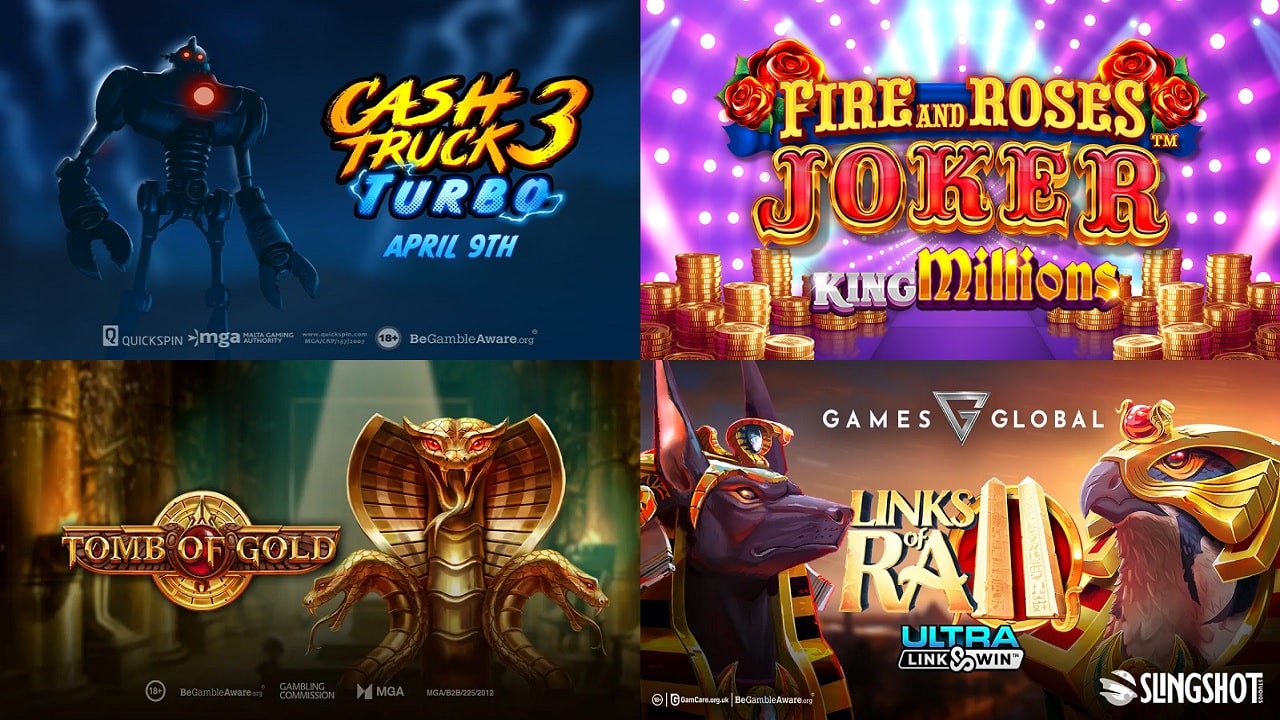

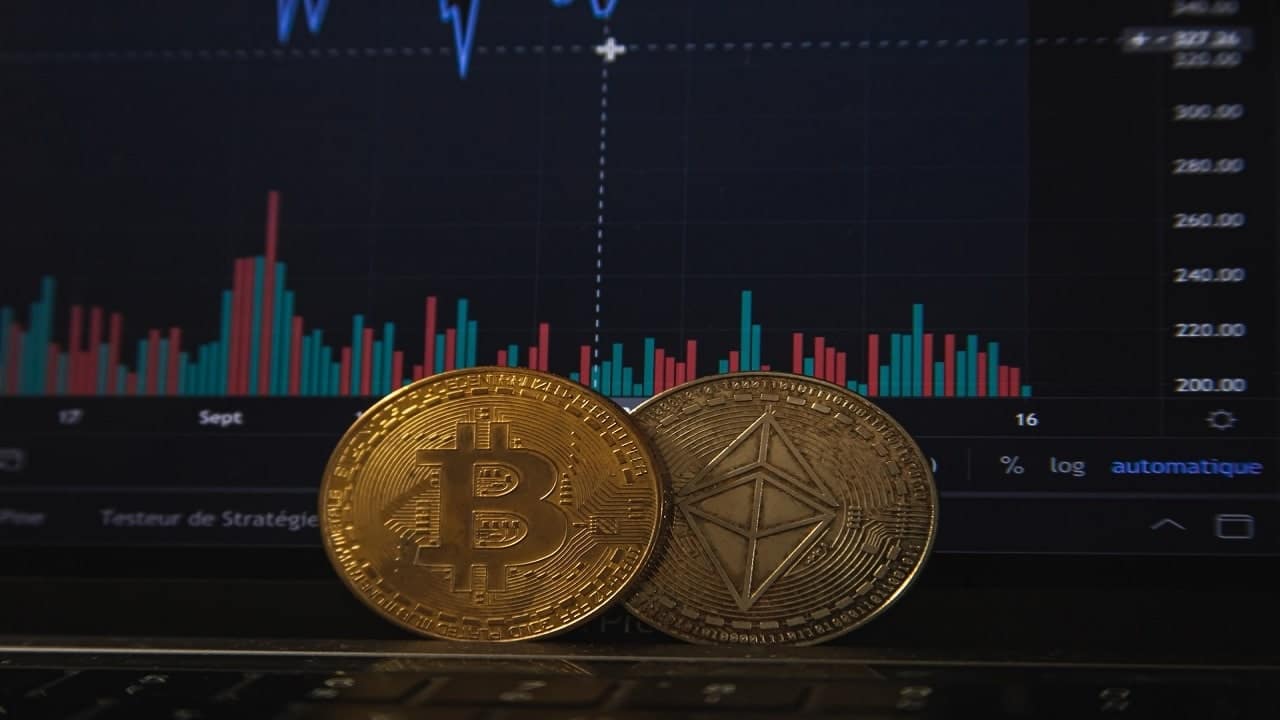
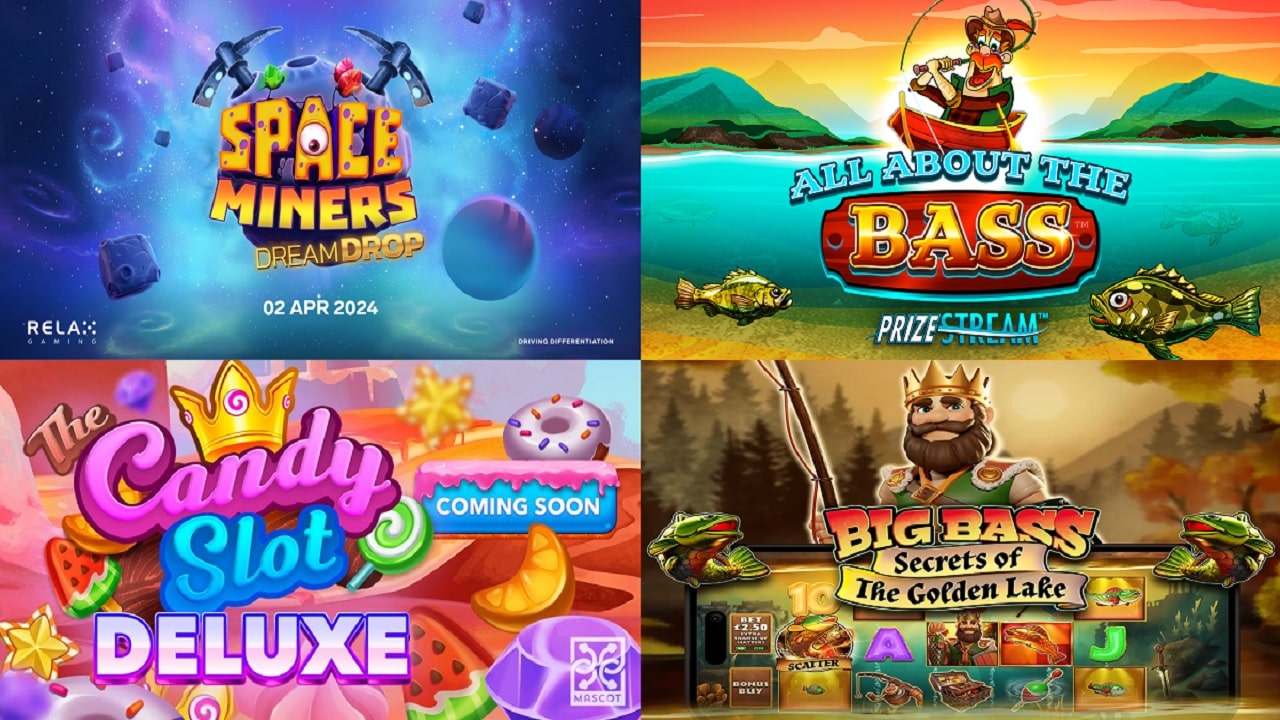
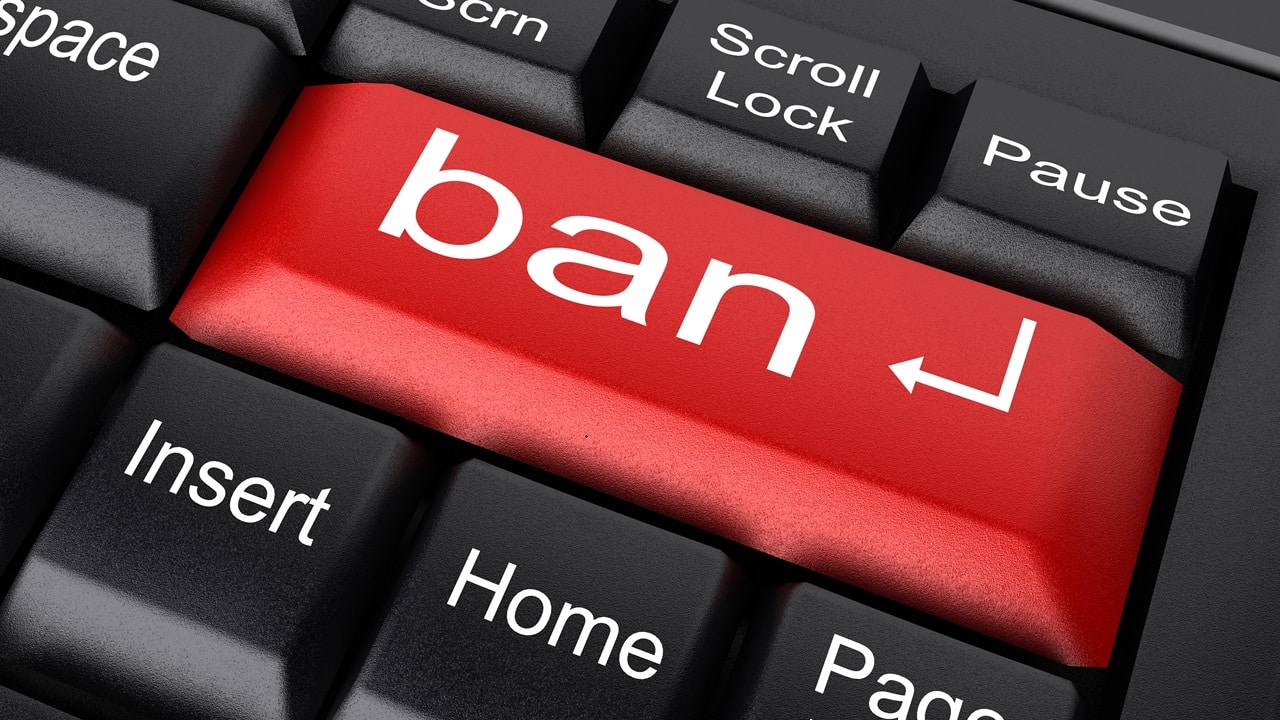
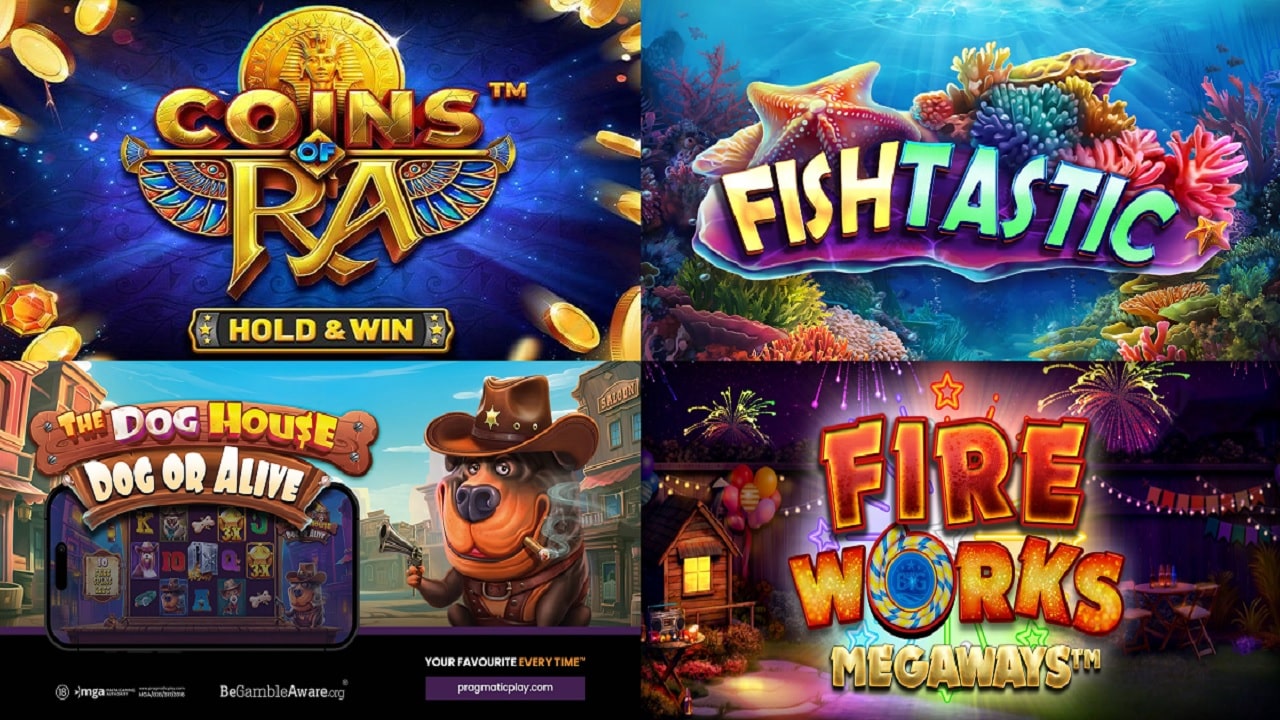
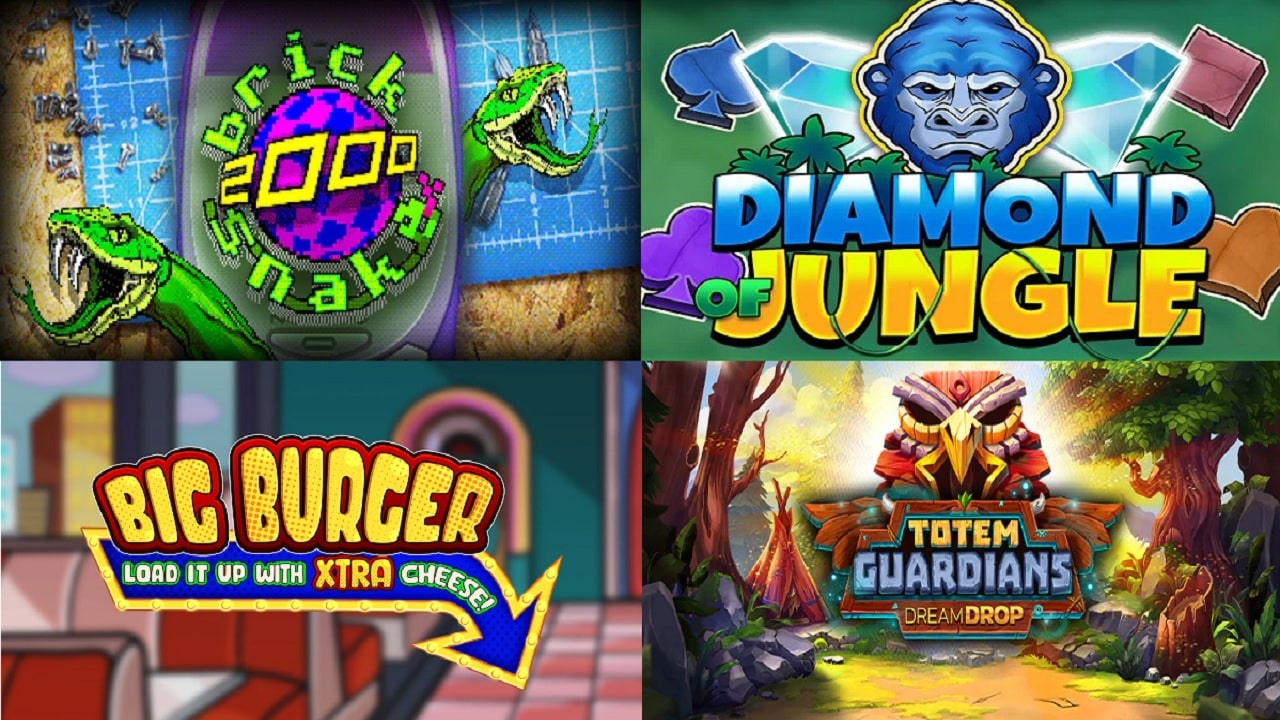




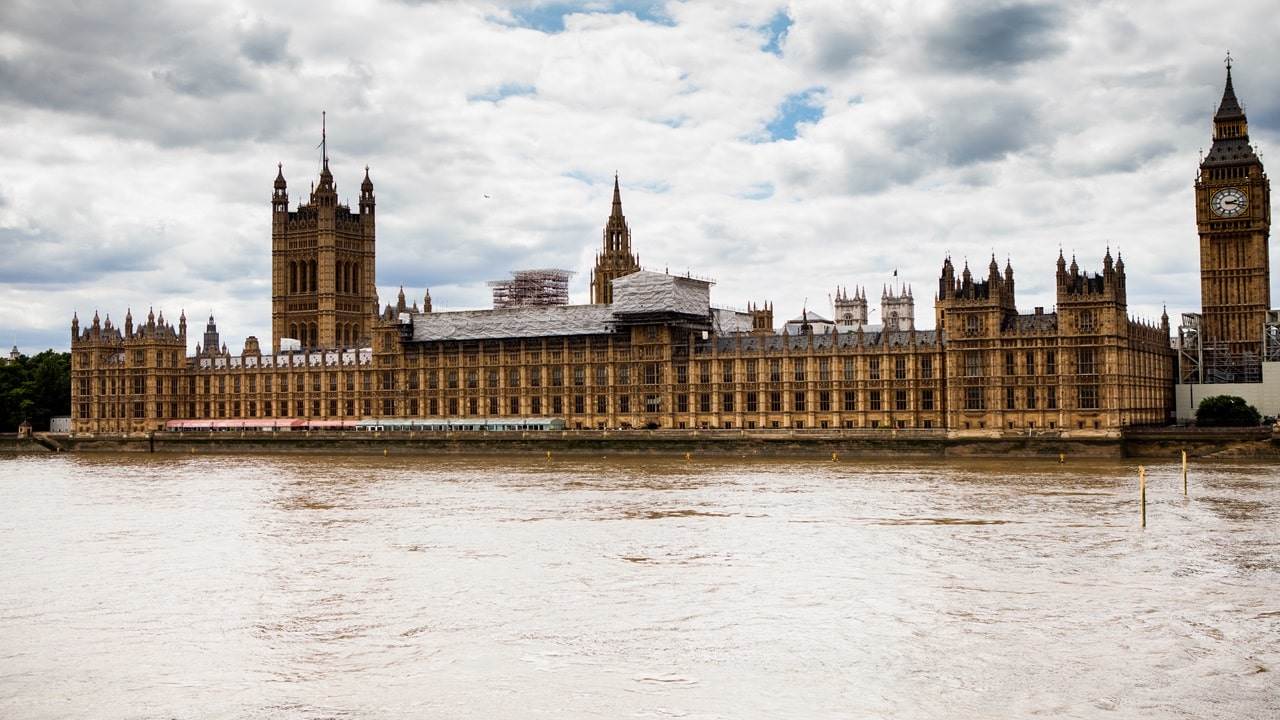

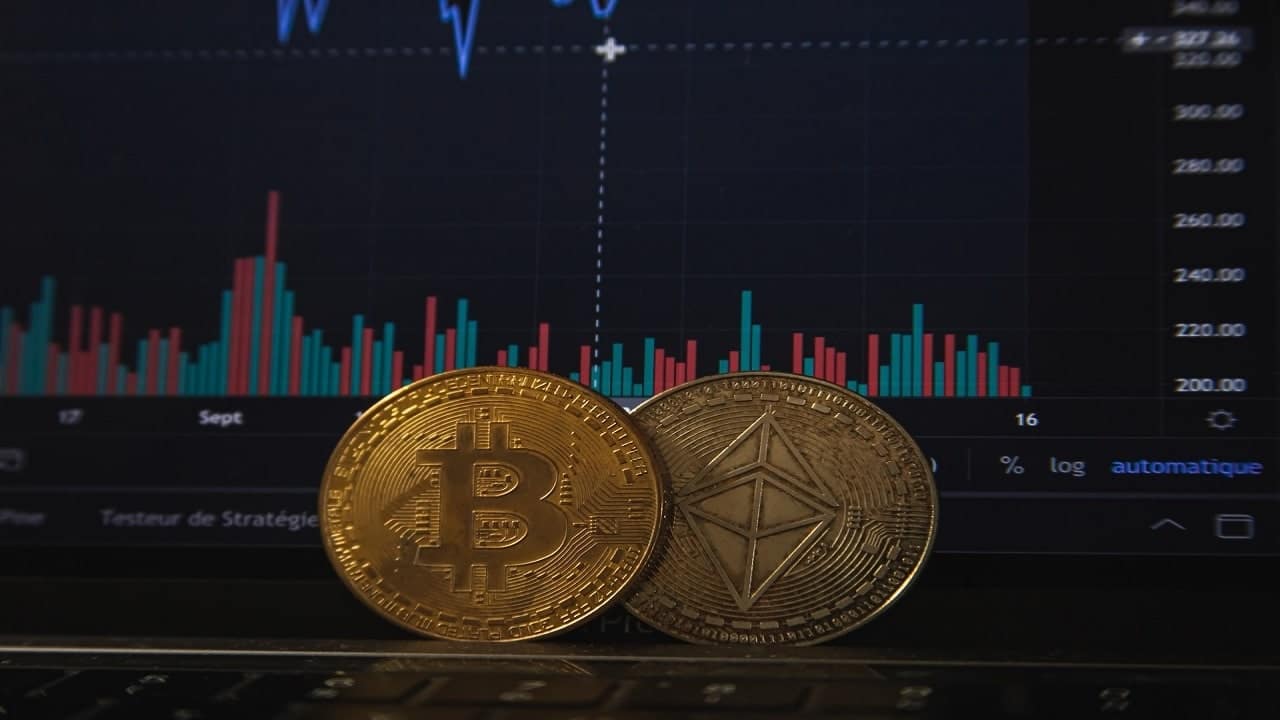






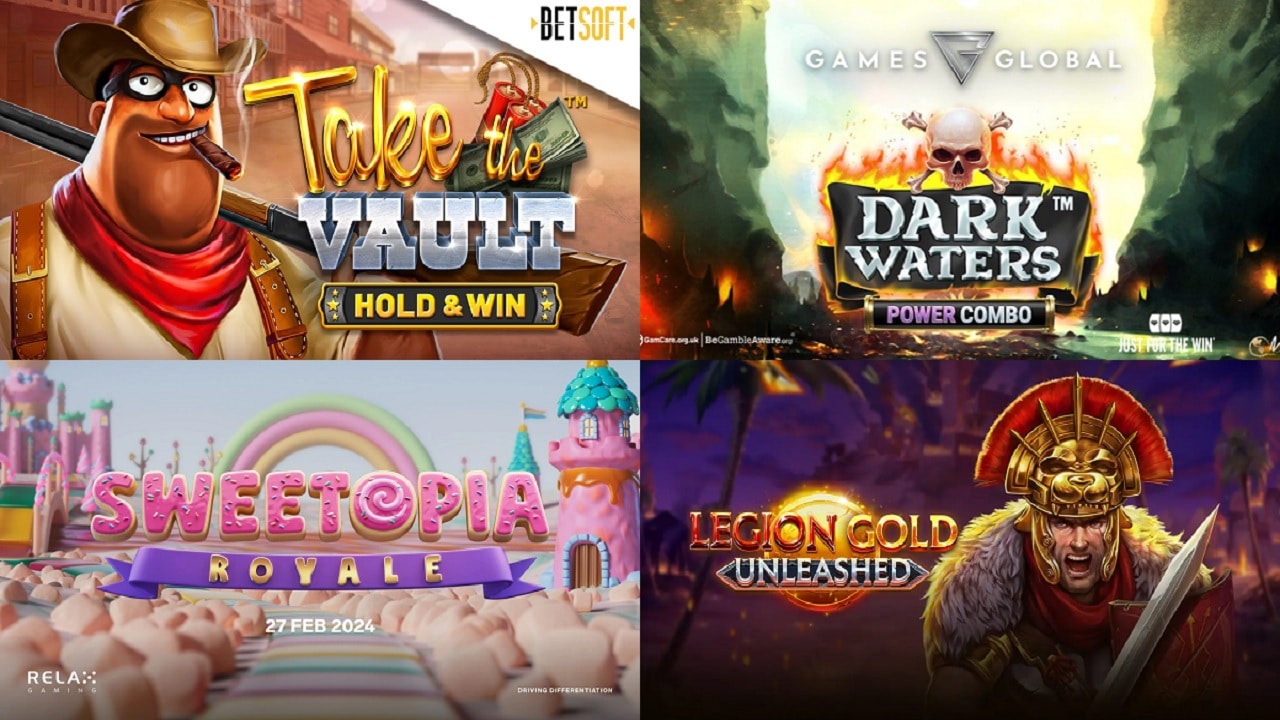

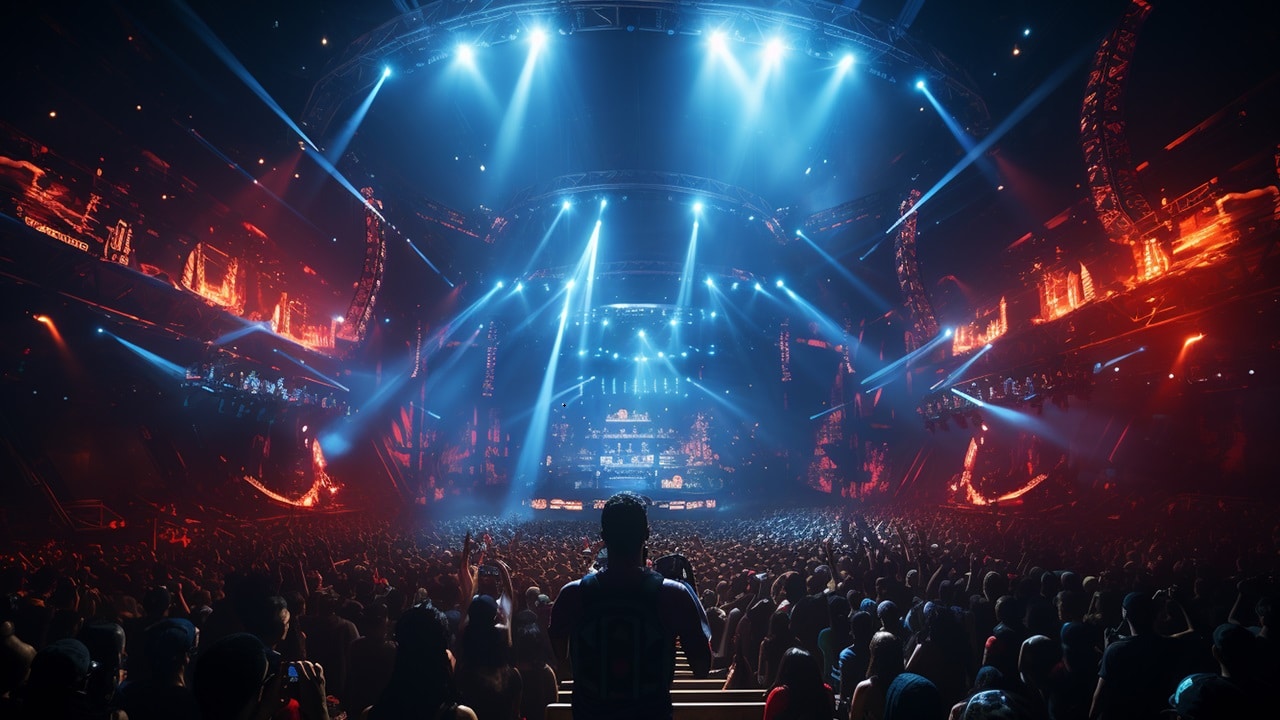

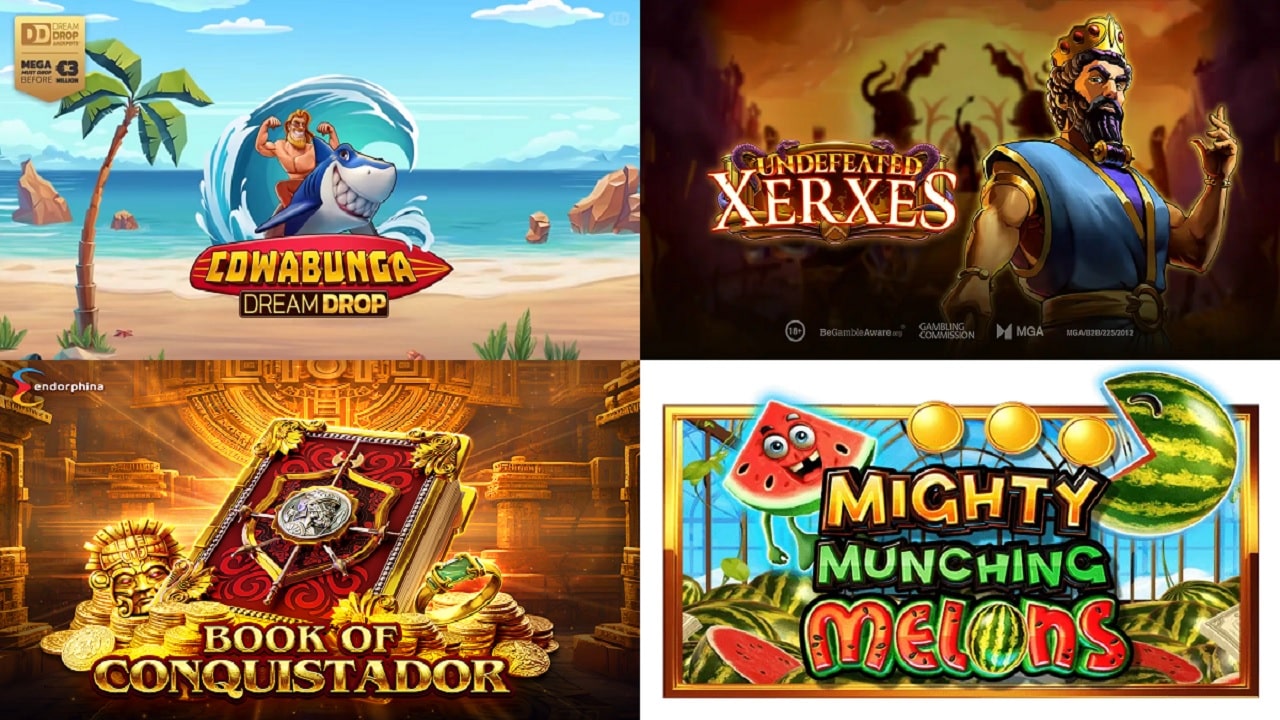

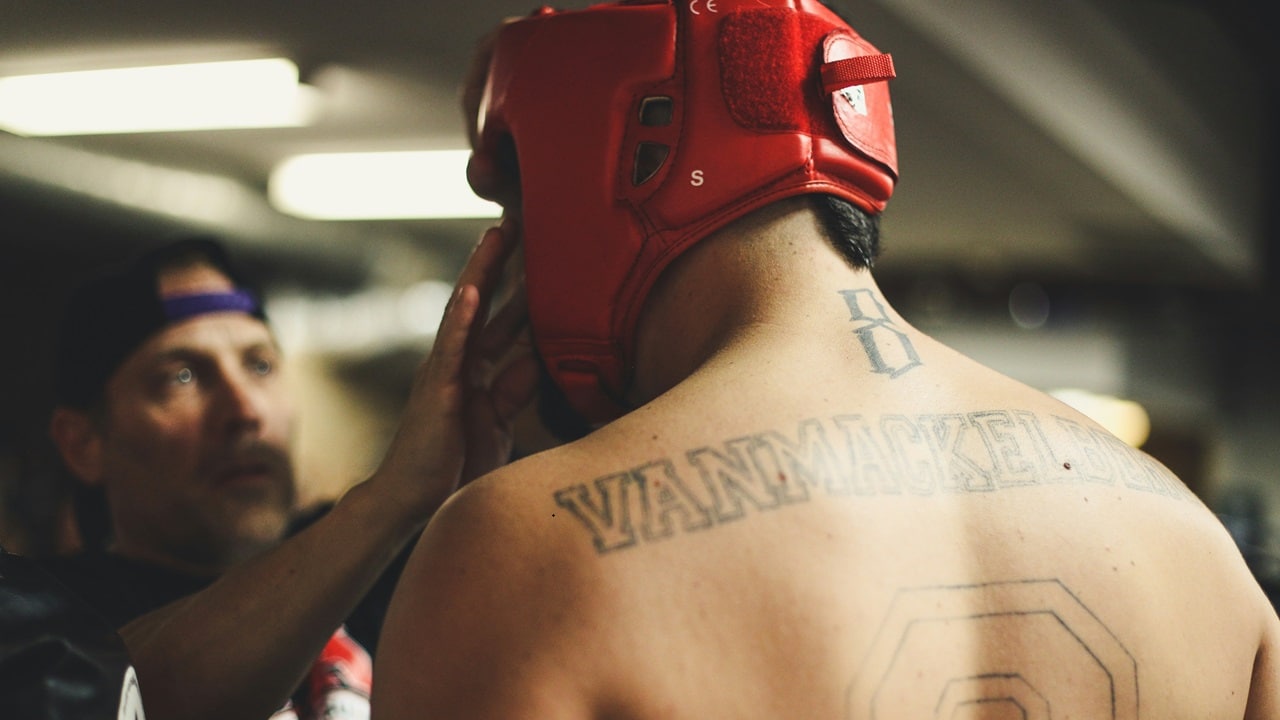



Leave A Comment